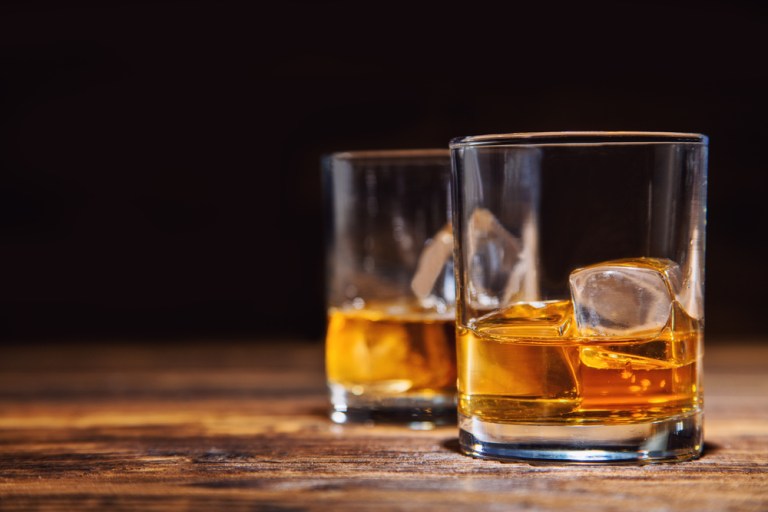
The most obvious limitation is consumer age: In the U.S., no one under 21 years old is legally allowed to purchase alcohol, which means trying to sell it online isn’t as easy as hanging out a digital shingle and delivering to the consumer’s door. Minimally, an ID will have to be checked.
But the fact that alcohol is age-restricted for consumers is only the start of the complexities around trying to sell it – the sale of it is also managed under what is known within the industry as the “three-tiered system.” Producers (or importers) sell to distributors, distributors sell to retailers and retailers sell to customers.
Only retailers can sell to customers, and only distributors can buy from producers (except in the state of Washington). And from there, the rules for alcohol sale and delivery only get more complicated: Some states only allow chains to vend alcohol from a certain number of locations, while some states restrict the hours and days that alcohol can be sold.
The signature innovation of Drizly – founded in Boston in 2012 – has been to more or less bypass the three-tiered structure in enabling alcohol eCommerce. Drizly neither sells nor delivers alcohol, though in its early days, it was often called the “Uber of alcohol.”
“We don’t do any delivery – never have. We connect consumers to a store in their area that sells alcohol after that consumer has ordered from our mobile app, which features the inventory from that store, and then that store actually makes the delivery,” former CEO and Co-founder Nick Rellas told Karen Webster in an interview.
And over the last six years, the firm has built a fairly large platform for brick-and-mortar liquor stores; as of the closing days of 2018, the app connects around 1,000 stores spread across the United States and Canada.
And Drizly’s offering, according to Rellas, gives consumers something the market has heretofore lacked, which is a well-designed, easy-to-use channel. The bulk of local stores don’t have websites and thus don’t have an online catalog of goods. In addition, he noted, small, privately owned shops all bring a variety of point-of-sale systems that inconsistently classify products and have their own idiosyncrasies.
“Our system standardizes the information properly – which, when you think about the variety of ways small shops around the nation list and manage their inventory, is a huge challenge,” Rellas said. “This is why we spent years and tens of millions of dollars figuring that out – not just how to do it, but how to do it so well and so efficiently that consumers can order whatever they want without worrying about ordering the wrong bottle or wrong vintage.”
The goal for 2019 is simple, and summed up in a single word: growth. The firm recently announced that it brought in $34.5 million in funding, roughly doubling the $33 million the firm had previously raised. Altogether, it was a pretty crowded round, with 17 investors taking part in the offering. Those funds will go toward expanding and refining the Drizly platform’s digital infrastructure, and signing on more stores in more cities to continue to expand the roster of choices for customers.
The firm will have some complexities of its own to work out while that planned expansion is underway. It’s only been a few months since Rellas moved into an advisory role, and his cousin and Drizly Co-founder Cory Rellas stepped from his COO role into the CEO role.
Drizly also faces an increasingly competitive marketplace than when it launched in 2012. There are more industry players now, including Amazon, which has also begun dipping its toes in alcohol delivery since acquiring Whole Foods.
But as Rellas noted in an interview with Karen Webster last year, while he appreciates the tech press’ concern, the reality is that as an alcohol retailer, Amazon is subject to all the vagaries of the three-tiered system and local rules and regulations. He believes Drizly’s platform will ultimately stand up just fine, even if Amazon tries to really take on delivery from Whole Foods going forward.
“Even in Amazon’s backyard, we sell more alcohol than they do,” he pointed out. “I like our odds.”